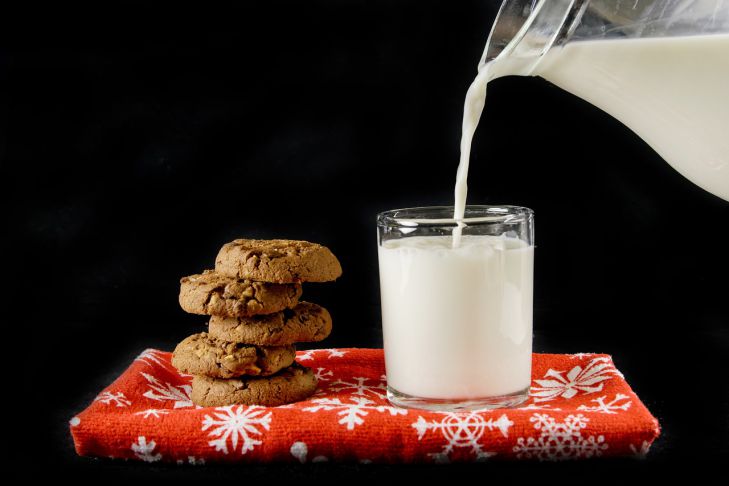Skim milk has little or no fat, so it is generally considered "healthier" than regular milk.
However, doctors explain that this statement is not absolute.
First, some nutrients, such as vitamin D, A, E, and K, are fat-soluble, so their levels are usually lower in skim milk.

This means that the body may receive less of these important vitamins when consuming low-fat dairy products.
Second, skim milk may contain more sugar to improve its taste after the fat has been removed.
Consuming large amounts of sugar can lead to an increased risk of developing various diseases such as obesity, diabetes and heart problems.
However, for people with high body fat, skim milk may be beneficial as it offers lower calorie content and helps with weight management.
In general, doctors recommend choosing dairy products based on individual needs.
If you're looking for a low-calorie option or want to reduce your fat intake, skim milk is the way to go.
However, if you want to get more nutrients from dairy, you may want to consider full-fat or low-fat options.
It is important to pay attention to your overall diet and foods to ensure well-rounded nutrition.
Ultimately, the choice between low-fat and full-fat dairy products should be based on each of our individual needs and preferences.
